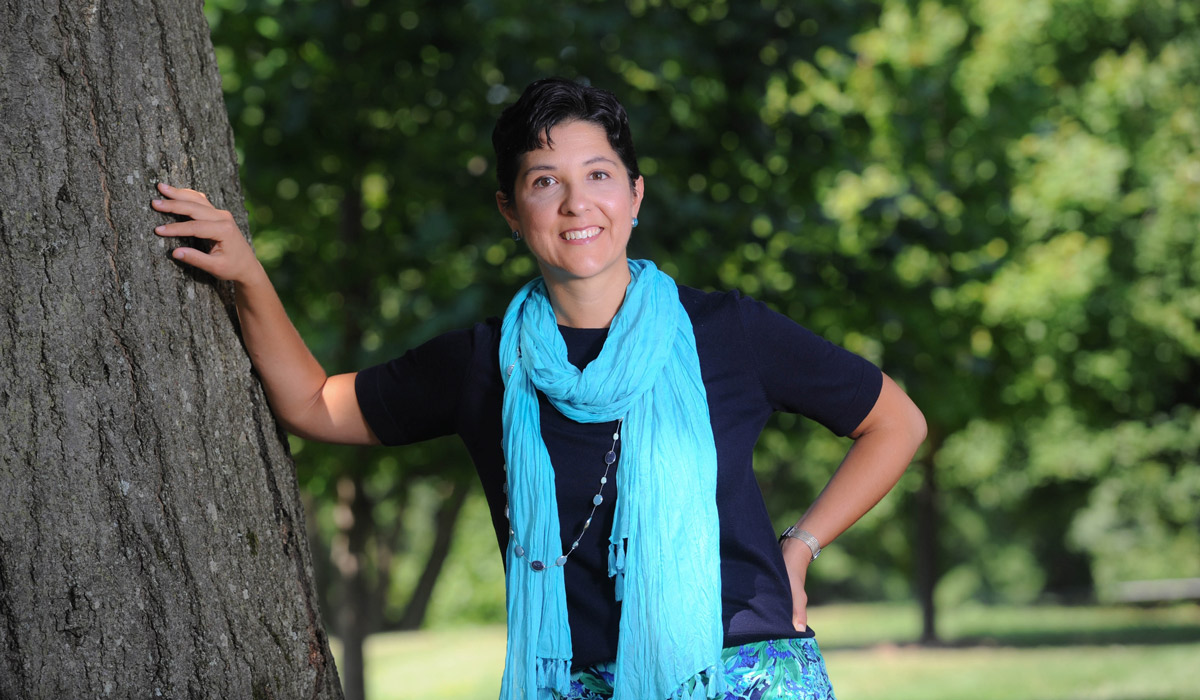

Traveling to World Youth Day in the Philippines in 1995 during high school meant cold “showers” from a dipper and a bucket and sleeping on bare floors. At the same time, it was a joyful, transformative experience helping to lead student Melissa Moschella toward her career as an assistant professor of philosophy at Catholic University. “For the first time, I was surrounded by so many other young people who were excited about living their faith,” says Moschella.
"For the first time, I was surrounded by so many other young people who were excited about living their faith."
Moschella observed that the native Filipinos had very few worldly goods compared to most Americans, but she saw the deep joy that stemmed from their belief in God. From that experience came a knowledge that what matters in life is the love and sense of purpose that come from living out one’s faith.
In high school, Moschella changed her lifestyle significantly to align her behavior with Catholic teachings, calling it “my rebellion against pop culture,” which she found empty. She also joined Opus Dei, a Catholic organization founded in 1928 that she says provided “concrete steps” for spiritual growth.
After graduating from Harvard University, Moschella received a full scholarship to study at La Pontificia Università della Santa Croce in Rome, where her licentiate degree provided a solid foundation in philosophy in line with Biblical truths. She built on that foundation when pursuing her doctorate in political philosophy at Princeton University, where her mentor, Professor Robert George, inspired and encouraged her not to be afraid to speak out boldly about controversial issues like marriage and religious freedom.
In her writing, speaking, teaching, and research at Catholic University, Moschella strives to defend the fundamental dignity of the human person, an underlying principle of Catholic teaching on ethical issues ranging from death with dignity to stem cell research.
“Our culture in many ways is premised on views about life that are increasingly contrary to fundamental principles undergirding Catholic thought. I try to present ideas in ways that make sense for those coming from a different point of view.” Teaching to empower and inform the younger generation is central to Moschella’s mission.